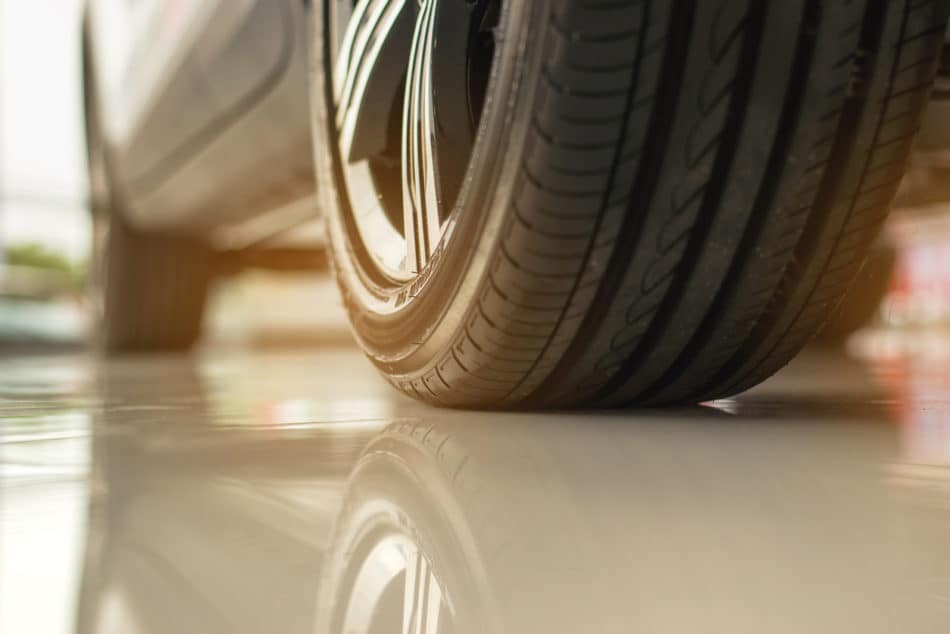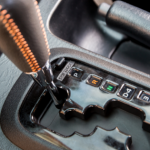Ever noticed that your car vibrates every time you approach or depart an intersection? That it happens each time your vehicle accelerates or slows down? If your answer is yes, then keep reading. This article will help you figure out the cause behind those awkward vibrations and also help prevent costly damages from occurring.
When Does Your Vehicle Vibrate?
When your car vibrates when accelerating or braking, it’s important to get to the root of the problem. If you’re not sure if the vibration issue occurs specifically when you push the gas pedal or engage the brakes, consider the following:
- Does your vehicle shake when approaching a stop sign or intersection?
- Are you aware of sudden vibrations when accelerating to turn a corner?
- When driving in traffic, does your vehicle wobble when stopped for emergency vehicles?
- Does your car vibrate when accelerating to pass another vehicle?
If you experience the aforementioned scenarios, it’s time to visit a quality mechanic. If the cause of the vibrations is not taken care of in a timely manner, serious damage may occur. This could potentially result in becoming stranded on a busy road, like the windy road out to Sooke, for example.

Why is My Vehicle Vibrating?
For this particular issue, the cause of the awkward stutters and vibrations is most likely caused by one of three factors:
- Improperly balanced wheels
- Worn out U-joints.
- Tires
Improperly Balanced Wheels
Improperly balanced wheels will cause your vehicle to vibrate, even if it is a recently purchased quality used vehicle. Unbalanced wheels lead to unnecessary vibrations. The intensity of the vibrations is directly related to the speed at which you’re driving. When operating a vehicle with unbalanced wheels, the faster you drive, the more vibrations you’ll feel.
Worn Out Universal Joints (U-joints)
Universal joints, or U-joints, can be best described as facilitators that allow the suspension system to move up and down while steering your rear-wheel-drive vehicle. This car part doesn’t have a defined lifespan, like engine oil or timing belts, but because they are a moving part of your vehicle, they suffer wear and tear. This means that you occasionally might need to have them replaced.
U-Joints Vary
Universal joints differ depending on vehicle models. Some u-joints are sealed while others have a grease fitting and must be greased at regular intervals. The latter is the more common of the two. They need regular maintenance as they fail over time since they are subjected to severe usage.
The lack of lubrication causes the needle bearings to start wearing away and damage the cups. When you feel your vehicle vibrate, the polished tip is usually moving and bouncing inside the cup. This is the vibration you feel as you speed up and slow down.
Tires
Tires that are worn, have become separated, or are inflated at improper pressures can cause a vehicle to vibrate. A good tire maintenance plan will help you avoid unsettling vibrations from occurring and is particularly useful to make your car last a lifetime.

Other Possible Causes Your Rear-Wheel-Drive Vehicle Vibrates
It should be noted that worn-out U-joints and unbalanced tires aren’t the only issues that will cause a car to rattle and shake. Other possible factors may include:
- Transmission problems.
- Driveshaft needs repair.
- Worn rotors or brake pads.
Visit A Quality Mechanic
If your vehicle routinely shudders and vibrates, it’s best to have a qualified mechanic take a closer look. If you’re in the Greater Victoria Area, bring your vehicle to our licensed and trustworthy automotive technicians at Howie’s Car Corral. They can help you eliminate the cause of the shakiness and get your vehicle in top running condition.


